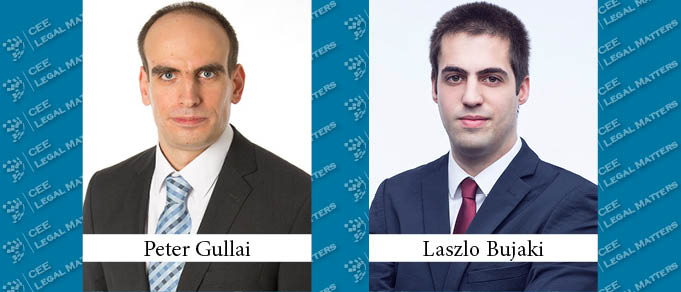In March, 2020, the Hungarian Energy and Public Utility Regulatory Authority (HEPURA) published the official results of the first tender procedure of the Hungarian Renewable Energy Support System (METAR), in which bidders were encouraged to apply for state subsidies in (i) power plants between 0.3 MW and 1 MW capacity (the “Small Category”) and (ii) power plants between 1 MW and 20 MW capacity (the “Large Category”).
Approximately 170 bids were submitted to the HEPURA: 40% of which were successful, 30% of which were declared invalid, and approximately 30% of which were valid but did not win any subsidy. In the Large Category, 11 of the 45 accepted bids reached 127.4 GWh/year. Most Large Category bids were submitted in the range of 5-10 MW, and only a few were submitted with a nominal capacity of above 19 MW. The highest successful winning price in the Large Category was 22.75 HUF/kWh, which is considerably lower than the 26.08 HUF/kWh bidding price limit.
It is quite remarkable that the majority of bids came from small and medium-sized enterprises, with no bids coming from large players on the Hungarian energy market. The reason for key players’ lack of interest might be that they did not find the 20 MW capacity limit in the Large Category attractive enough. Meanwhile, the high interest of SMEs in the METAR tender could be explained by the fact that this tender is the only one that provides subsidies for smaller investors, as neither the METAR KAT nor the so called Administrative Premium System supports categories below 1 MW.
It is also worth mentioning that recent changes in the Hungarian renewable legal support scheme (i.e., the introduction of full balancing responsibility for renewable generators as of April 1, 2020) and significant currency exchange rate fluctuation may be risk factors in financing projects. As to the first factor, in Hungary, a specific compensation system has been introduced in order to mitigate the severe financial consequences to solar power plant projects arising from full balancing liability. Pursuant to the new rules, the compensation is a fixed amount not to exceed the amount of the balancing charge which would be payable by the producer. The compensation system will be available only until December 31, 2025. As the second factor, the EUR/HUF exchange rate had significantly increased at the time of the submission of the bids since the end of 2019.
In addition, solar power plant manufacturers are also affected by the COVID-19 crisis, including the resulting shortage of raw materials and appropriate staff, and related disruptions in transportation may also cause uncertainties and possible higher procurement prices in the market.
Despite these difficulties, the first METAR tender can be considered a success, as it both provided investors with an up-to-date overview of the Hungarian market and generated competitive pricing.
It was declared a technology-neutral tender, although all but one bidder plans to build solar power plants. The high representation of photovoltaic panels is in line with the Hungarian National Energy Strategy of Hungary, but there are issues to be addressed by the regulator before the next METAR tender, such as the promotion of other renewable technologies and projects larger than 20 MW, which are likely to attract foreign investors.
No official information is available on the announcement of the next METAR tender, but given the popularity of the first tender and the recent classification of many solar power plant projects as projects of national interest by the Hungarian Government, strong interest is likely.
By Kristof Ferenczi, Managing Partner, Peter Gullai, Associate, and Laszlo Bujaki, Junior Associate, Kinstellar Budapest
This Article was originally published in Issue 7.6 of the CEE Legal Matters Magazine. If you would like to receive a hard copy of the magazine, you can subscribe here.



